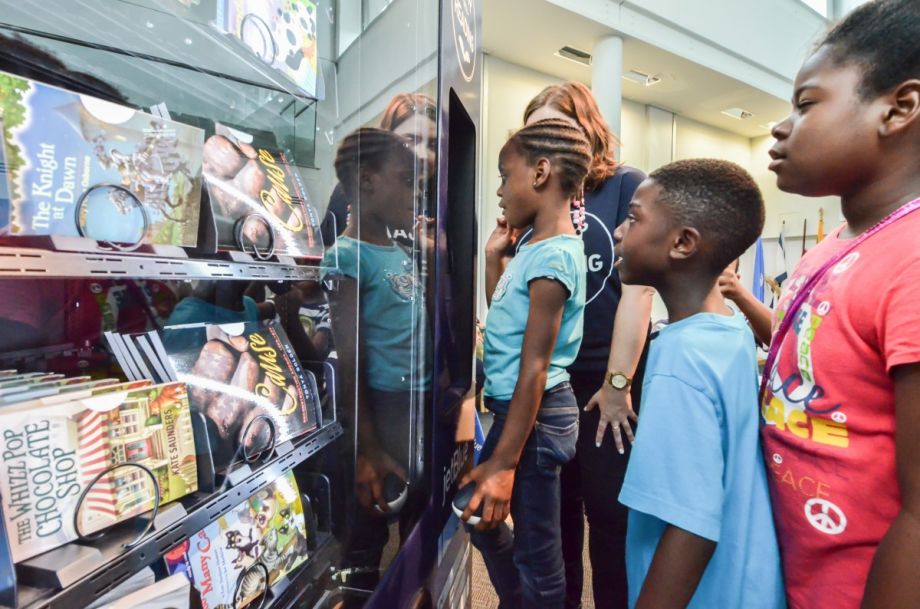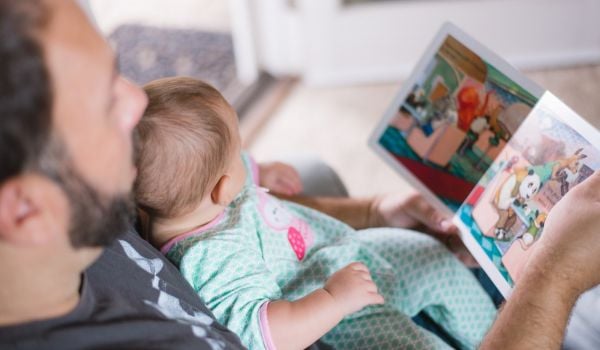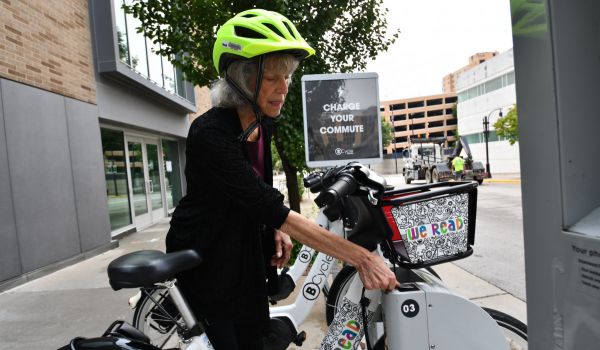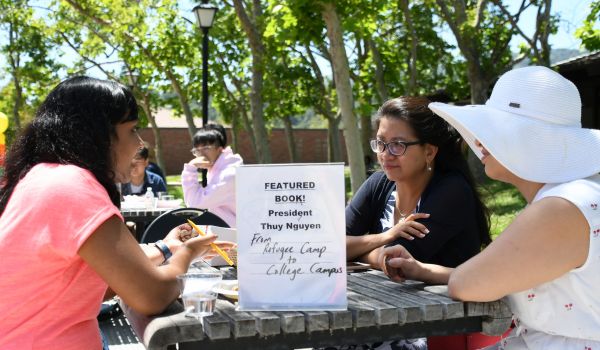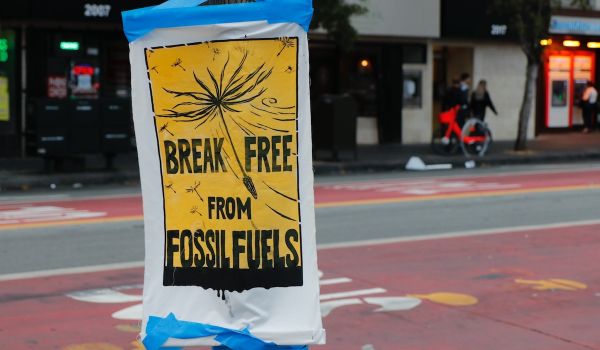For children, the high-poverty D.C. neighborhood of Anacostia is a book desert. According to a new study from NYU researchers on the availability of children’s books in low-income neighborhoods in several U.S. cities, only one age-appropriate book is available for every 830 children there. Anacostia isn’t alone. The term “book desert” has traditionally been used to describe a lack of library availability, but while public libraries do contribute greatly to book access, research has shown children especially benefit from books in the home. In neighborhoods lacking book stores — which many low-income neighborhoods, increasingly segregated, do — access is limited. A 2001 study found that in middle-income neighborhoods, 13 books were available to purchase for every child, while in neighborhoods of concentrated poverty, only one book was available for every 300 children.
The recent NYU study, published in the journal Urban Education, compares the availability of children’s books in one high-poverty neighborhood and one “borderline” neighborhood in six U.S. cities. In D.C., Detroit and Los Angeles, they surveyed one neighborhood with a poverty rate of 40 percent or above and another with a poverty rate between 18 and 40 percent. Researchers went street to street in each neighborhood, counting the number and types of print resources available for purchase, from books to magazines to newspapers. In total, they counted 82,389 resources in 75 stores. In three of the six neighborhoods, they found no bookstores at all. Dollar stores were the most common place to buy children’s books. (Three of four children’s books are still bought in shops, not online.)
In each city, researchers found that the borderline communities had on average 16 times more books per child than the high-poverty neighborhoods in the same city. D.C. had the largest divide: In Anacostia, 830 children would need to share a book, while only two would share in Capitol Hill. In Detroit, 42 children in Hamtramck would need to share a book; eleven would in the borderline University District.
“Children’s books are hard to come by in high-poverty neighborhoods. These ‘book deserts’ may seriously constrain young children’s opportunities to come to school ready to learn,” said Susan B. Neuman, professor of childhood and literacy education at NYU Steinhardt and the study’s lead author. “Without resources, school readiness skills accumulated throughout the year are likely to drop precipitously during the summer. This ‘summer slide’ is a serious issue for children in poor and borderline communities, and having limited access to books may have serious consequences.”
JetBlue funded the NYU study. The NYC-headquartered airline has funneled $1.75 million in book donations to kids in many U.S. cities through its “Soar with Reading” initiative. Last year, the program introduced (free) book vending machines to Anacostia and dispensed 27,000 books. The vending project started its second year at the beginning of July.
Jen Kinney is a freelance writer and documentary photographer. Her work has also appeared in Philadelphia Magazine, High Country News online, and the Anchorage Press. She is currently a student of radio production at the Salt Institute of Documentary Studies. See her work at jakinney.com.
Follow Jen .(JavaScript must be enabled to view this email address)

